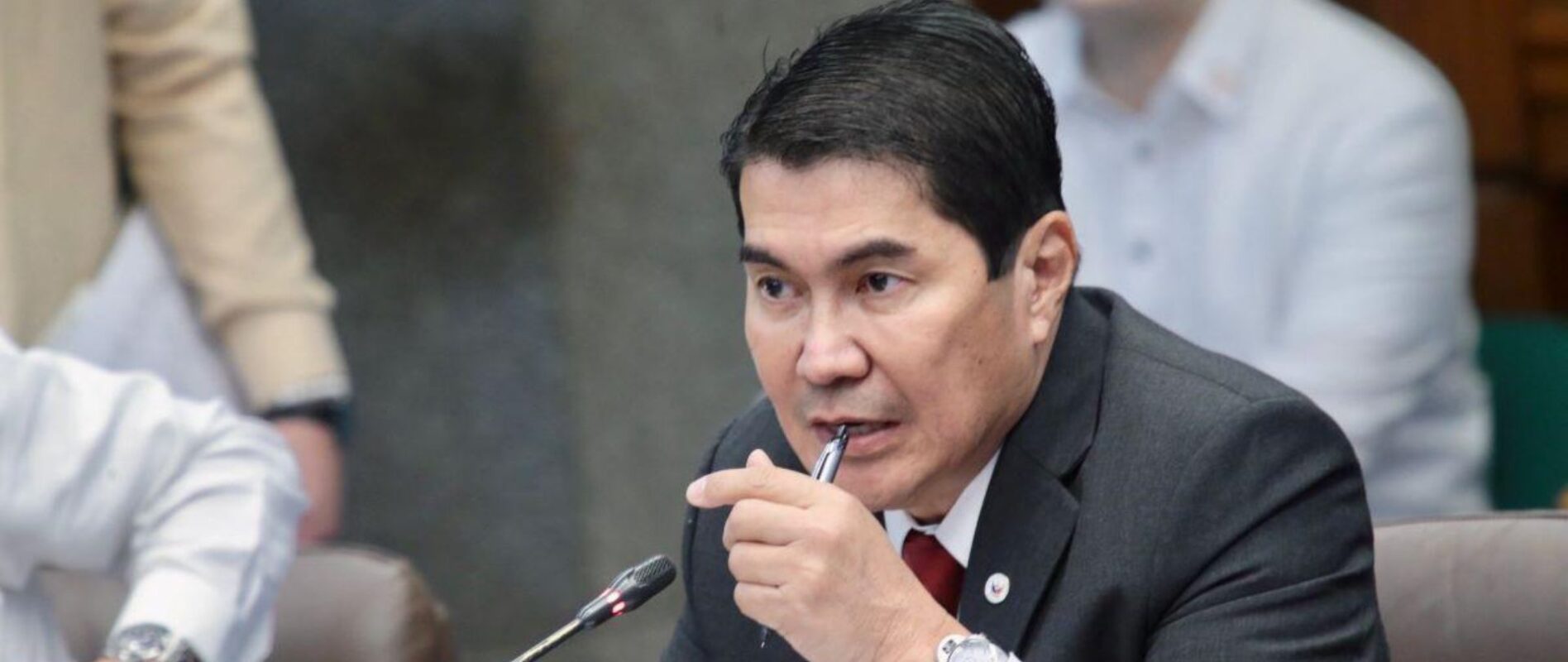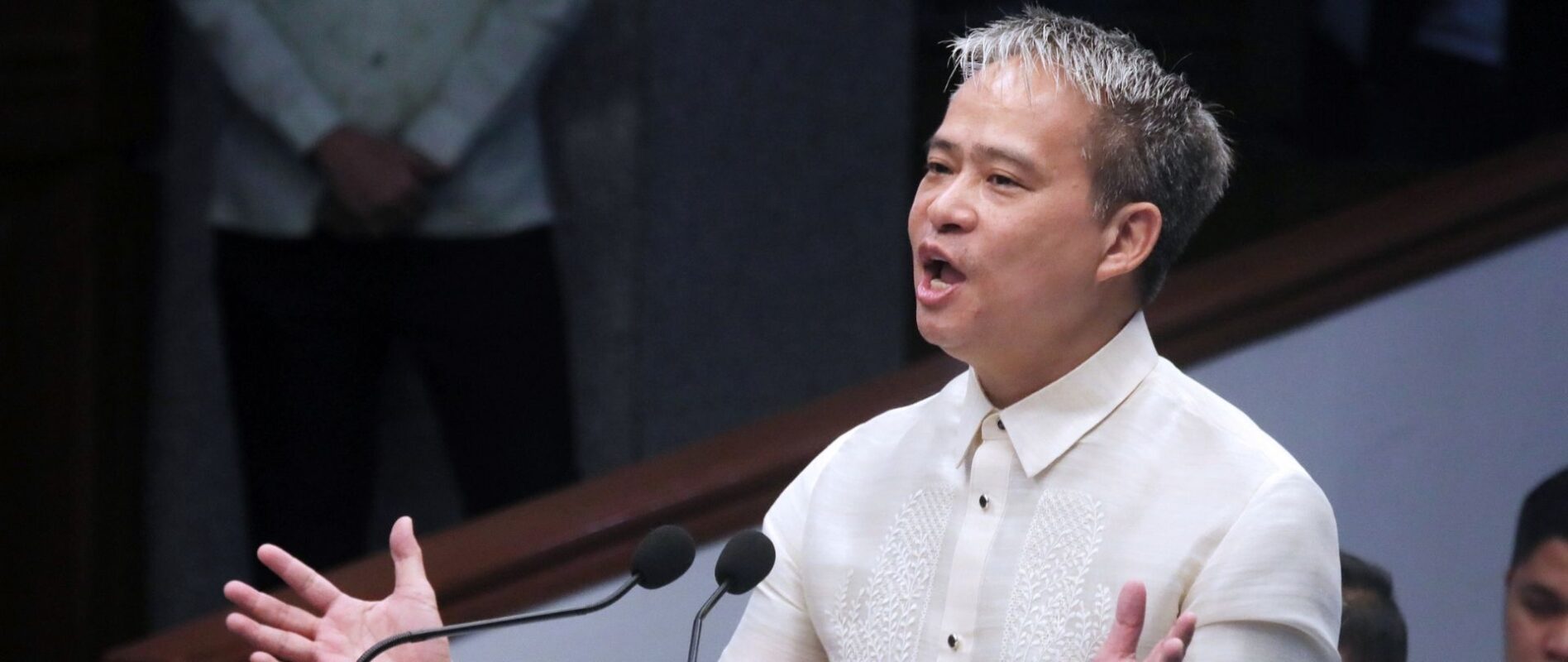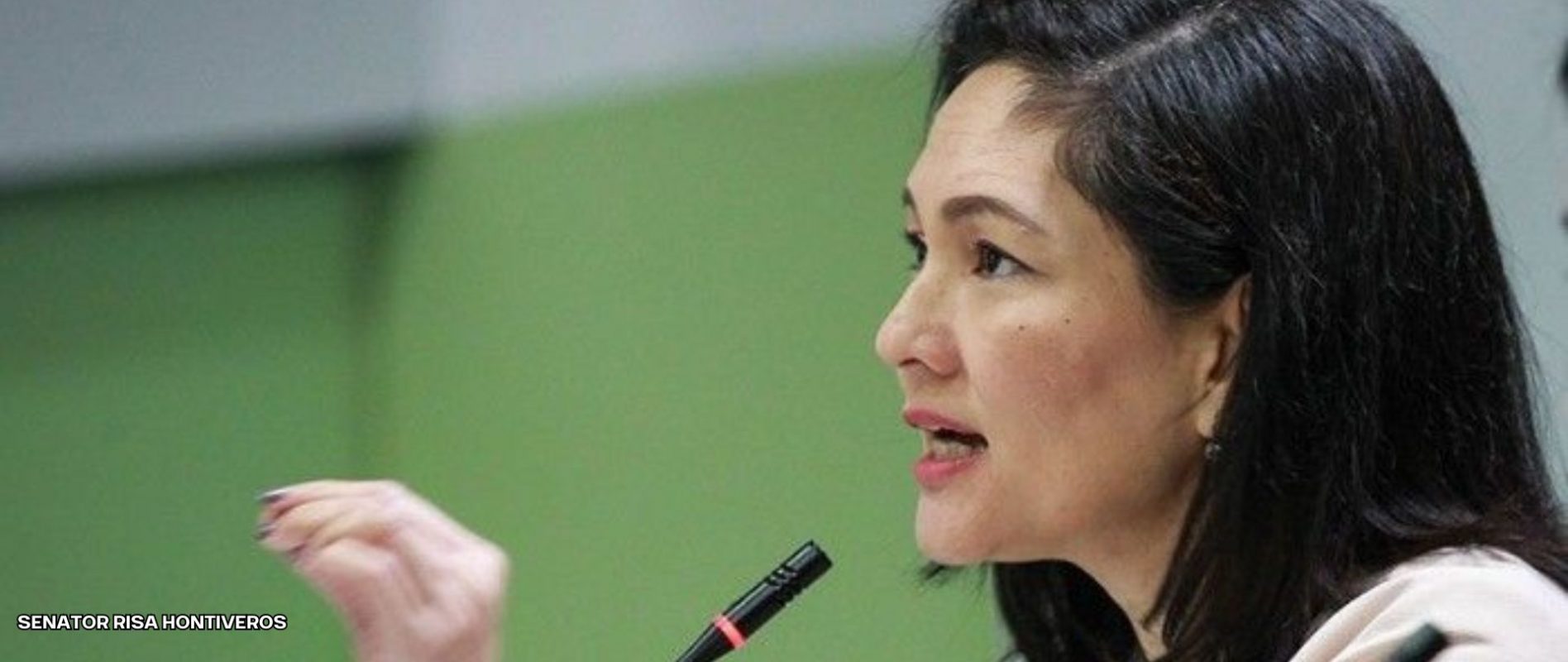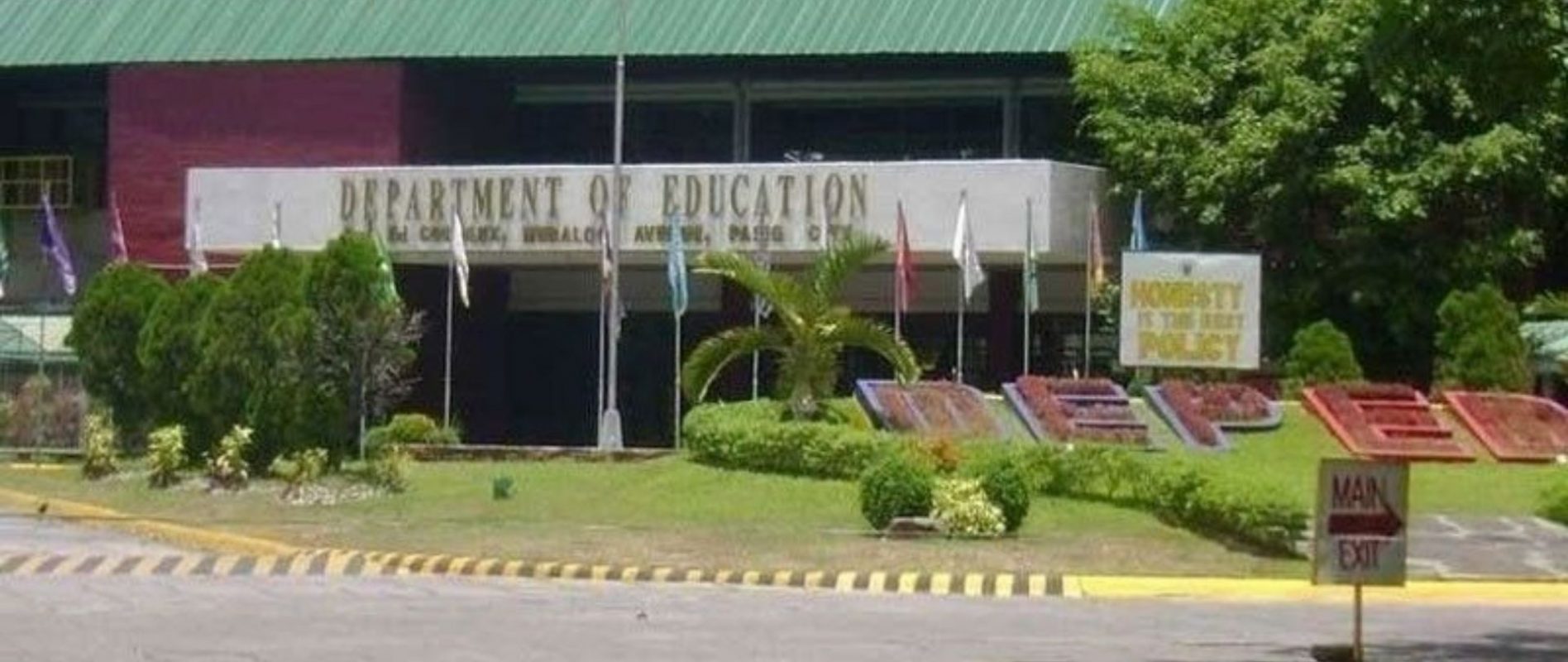CHED BELIES REPORTS ON LOW UTILIZATION OF BAYANIHAN FUNDS
THE COMMISSION on Higher Education denied media reports that it utilized less than half of its budget under the Bayanihan 2 law.
It maintained that it used 99 percent of its fund by June 30, 2021.
CHED made the clarification after news surfaced that only 40.61 percent of its P3.3 billion allocation under the Bayanihan 2 law was used by the commission. The news reports were based on a Commission on Audit report.
CHED said that the COA report is inaccurate because it only covered the status of utilization until December 31, 2020.
“The media reports, and for that matter the COA report, are inaccurate, misleading and fail to take into account the passage of RA 11519 on 29 December 2020 extending the use of the Bayanihan 2 funds until 30 June 2021. The media and COA report also fail to consider the chronological release of funds, requirements for fund release, and implementation of CHED activities after the passage of the Bayanihan 2 law,” CHED Chairman Prospero de Vera III said in a statement.
Republic Act 11494 or the Bayanihan to Recover as One Act enacted on September 11, 2020 appropriated P300 million for education subsidy to eligible students and P3 billion for grants to State Universities and Colleges for their Smart Campus Development projects.
CHED named the subsidy program as Bayanihan 2 for Higher Education Tulong Program. The program gives qualified students P5,000 each.
De Vera said CHED requested the Special Allotment Release Order and Notice of Cash Allocation for the P300 million from the Department of Budget and Management on November 17, 2020. The DBM released the fund to CHED on December 1, 2020 and the funds were obligated by December 31, 2020.
As of June 30, 2021, 60,782 students have benefitted from the subsidy program. CHED disbursed P297,540,319.39 of the B2HELP funds resulting in a 99 percent utilization rate.
CHED also said that its Smart Campus Development Project provided a maximum P25 million grant to SUCs for their project proposals designed to improve the implementation of flexible learning. Project proposals ranged from internet connectivity upgrade, campus area network, learning management system, learner information system, smart classrooms, computer center for students, or multi-media center for faculty.
CHED received a total of 238 proposals from 111 SUCs and a thorough vetting process was conducted by a panel of experts from December 2020 to June 2021. Out of the 111 SUCs with project proposals, only 89 were found eligible for funding from the Bayanihan 2 fund.
It also released P1.04 billion for the acquisition of laptops for SUC faculty members and P1.96 billion for grants for smart campus projects.
De Vera explained that starting June 7, 2021, his agency requested DBM for NCA for the approved SUC proposals and as of 30 June 2021, CHED obligated P2,998,844,375.78 and disbursed P2,958,430,405.77, resulting in 99 percent utilization rate.
“It is unfortunate that the COA report did not clarify that the utilization of the Bayanihan 2 funds have been extended to 30 June 2021 and finds fault in government agencies who are authorized to use the funds for six more months. The COA Report also fails to mention that the Bayanihan 2 law is a special law enacted only in the 3rd quarter of 2020 and it is therefore inconceivable to expect CHED to receive, vet, and approve submitted project proposals; request the funds from DBM; and release the funds to SUCs within a three month period,” De Vera noted.
He said CHED is consistent with the requirements for prudent budget release, prompt budget execution, and strict accountability in the use of public funds.
“It is clear from the chronology of events and fund releases by the DBM that CHED was able to obligate and disburse P3,255,970,725.16 of its P3.3 billion Bayanihan 2 funds as provided for in RA 11494 and RA 11519 resulting in an overall utilization rate of 99 percent,” the CHED chief added.














